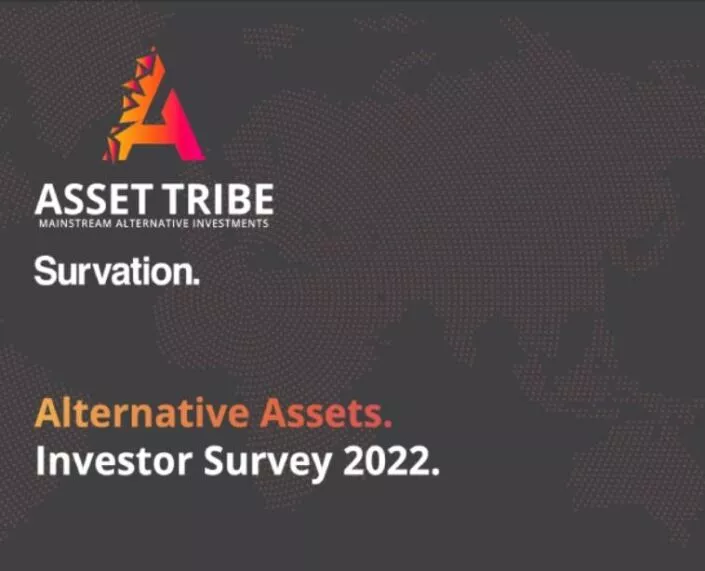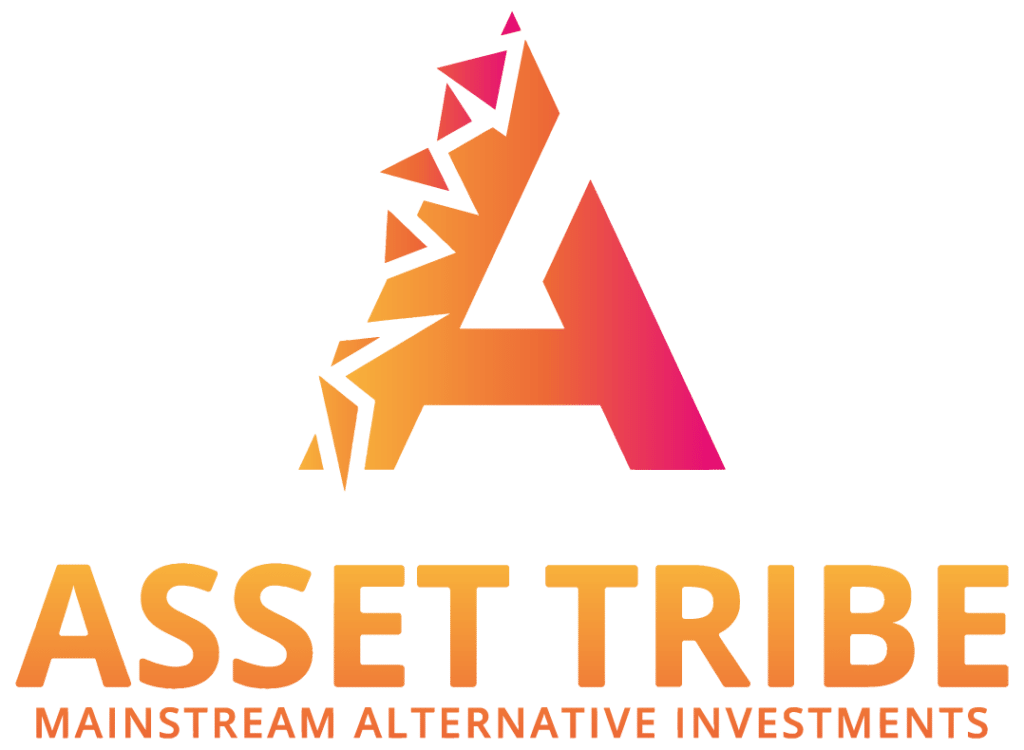Despite the growing interest in Alternative Assets over the last decade or so, there was still a significant lack of insight into the appetite of investors into this category. In addition, as the choice of alternatives has grown, it has become clear that there needs to be some sort of explanation and understanding as to what investors consider to be alternatives.
Given this, we set out to address these two specific issues as well as looking at the mechanisms for investment.
We were delighted by the response to our first Alternative Asset Survey with nearly 600 respondents across the EU and UK- vastly exceeding our expectations and providing some truly valuable insights into this specific investment category.
It is clear that Alternative Assets are very much at the centre of high net worth investors’ minds right and it is hugely encouraging to see that the appetite for investing in this category is set to grow by over 46% (net) over the next 12-months.
Equally interesting given the recent drawdowns in the equity and bond market, were the perceived drivers for this growth. The majority of investors cite the recent increases in inflation (62%), a need to diversify their portfolio (62%) and the potential returns (53%) as the main reasons for considering alternatives.
We also wanted to get a better understanding of how to categorise alternatives. Generally, an alternative investment is considered an investment in any asset class excluding stocks, bonds, and cash. The term is a relatively loose one.
The survey helped us create a more specific list of assets that are considered alternatives – see page 22 of the report. We also got a very clear understanding of the types of alternative assets that investors were most likely to invest in, with Real Estate being the most popular at 75%. However, other alternatives were also seen to be very appealing including Long-term Asset Funds (62%), Carbon Net Zero Funds (51%), Forestry (49%) Fine Art (40%) and Wine (38%).
In addition, Investors seem to have become far more comfortable with the use of technology, and are twice as likely to use platforms to make investments (52% vs 26% overall) as well as being more open to concepts such as tokenization (74% vs 44% overall). However, surprisingly, UK investors participation in alternatives (35%) significantly lags behind that of their European counterparts where 79% of those surveyed currently invest in the sector.
However, it was of little surprise that of the investors surveyed, those with the greater investable wealth had the most knowledge and experience of alternative assets. Alternative assets are a high risk asset class and restrictions have historically tended to focus on total investable wealth. This is a nice convenient catch-all, but at the bottom end of the range for many alternative assets, €500,000 of investable wealth would enable the investor just one pop at investing in many alternatives available today, if at all.
Investment minimums around the £/€100,000 mark are commonplace in alternatives and would give an investor at the bottom end of the wealth range a single undiversified exposure into a single asset or fund and an instant exposure of 20%.
At AssetTribe we like to think of this a little differently. We still place robust checks on the knowledge, wealth and investing experience of our qualifying investors, but believe that the key to them managing their risk comes from diversification and from understanding the assets they invest in.
From the results it is also clear there is still plenty of untapped potential in the market with many investors having no exposure to alternatives at all. Although not a direct question here, anecdotally we also see that even amongst those currently invested in alternatives very few of our qualifying investor base have anything like the exposure to the sector that their institutional counterparts have.
By reducing investment minimums and by finding assets which differentiate themselves from their liquid, mainstream counterparts by their returns and their correlation, AssetTribe is helping to open up this asset class. By providing easy to understand, engaging and interesting assets and by providing access to the managers and experts who manage the assets we can introduce more investors to the portfolio benefits of Alternative Assets.
We are excited to continue this research over the next few years, and look forward to gaining a better understanding how these attitudes towards alternative assets evolve as the market continues to mature.



